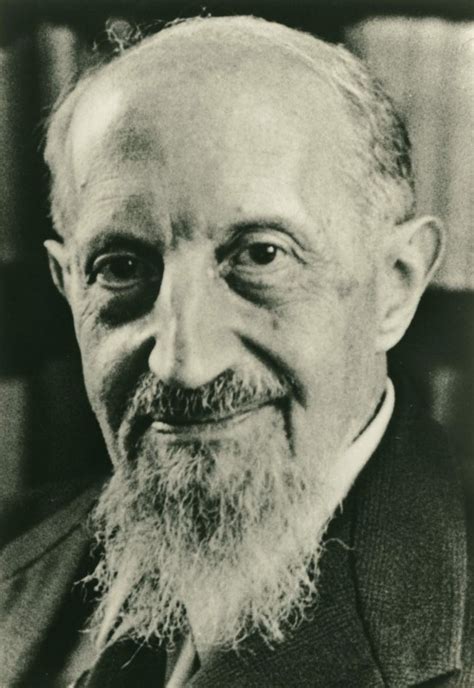A Quote by Jim Holt
Suppose you turn your attention inward in search of this 'I'. You may encounter nothing more than an ever changing stream of consciousness, a flow of thoughts and feelings in which there is no real self to be discovered.
Related Quotes
Consciousness... does not appear to itself chopped up in bits. Such words as 'chain' or 'train' do not describe it fitly as it presents itself in the first instance. It is nothing jointed; it flows. A 'river' or a 'stream' are the metaphors by which it is most naturally described. In talking of it hereafter, let us call it the stream of thought, of consciousness, or of subjective life. Source of the expression 'stream of consciousness'.
God dwells in you, as you, and you don't have to 'do' anything to be God-realized or Self-realized,
it is already your true and natural state.
Just drop all seeking, turn your attention inward,
and sacrifice your ego mind to the One Self radiating in the Heart of your very being.
For this to be your own presently lived experience,
Self-Inquiry Meditation is a direct and immediate way.
We are dominated by everything with which our self is identified. We can dominate and control everything from which we disidentify ourselves. The normal mistake we all make is to identify ourselves with some content of consciousness rather than with consciousness itself. Some people get their identity from their feelings, others from their thoughts, others from their social roles. But this identification with a part of the personality destroys the freedom which comes from the experience of the pure “I”.
And when it is suggested that the inward feelings of power or inward monitions or losses of judgement are the germs out of which the divine machinery developed, I return that truth is just the reverse, that the presence of voices which had to be obeyed were the absolute prerequisite to the conscious stage of mind in which it is the self that is responsible and can debate within itself, can order and direct, and that the creation of such a self is the product of culture. In a sense, we have become our own gods.
Then there is the further question of what is the relationship of thinking to reality. As careful attention shows, thought itself is in an actual process of movement. That is to say, one can feel a sense of flow in the stream of consciousness not dissimilar to the sense of flow in the movement of matter in general. May not thought itself thus be a part of reality as a whole? But then, what could it mean for one part of reality to 'know' another, and to what extent would this be possible?
You risked your life, but what else have you ever risked? Have you risked disapproval? Have you ever risked economic security? Have you ever risked a belief? I see nothing particularly courageous about risking one's life. So you lose it, you go to your hero's heaven and everything is milk and honey 'til the end of time. Right? You get your reward and suffer no earthly consequences. That's not courage. Real courage is risking something that might force you to rethink your thoughts and suffer change and stretch consciousness. Real courage is risking one's clichés.
Prayer is intended to increase the devotion of the individual, but if the individual himself prays he requires no formula; he pours himself forth much more naturally in self-chosen and connected thoughts before God, and scarcely requires words at all. Real inward devotion knows no prayer but that arising from the depths of its own feelings.


































